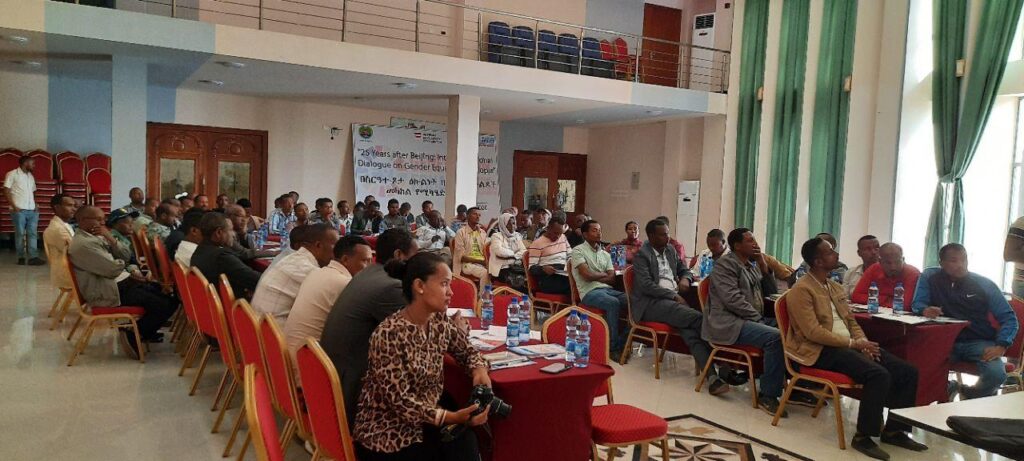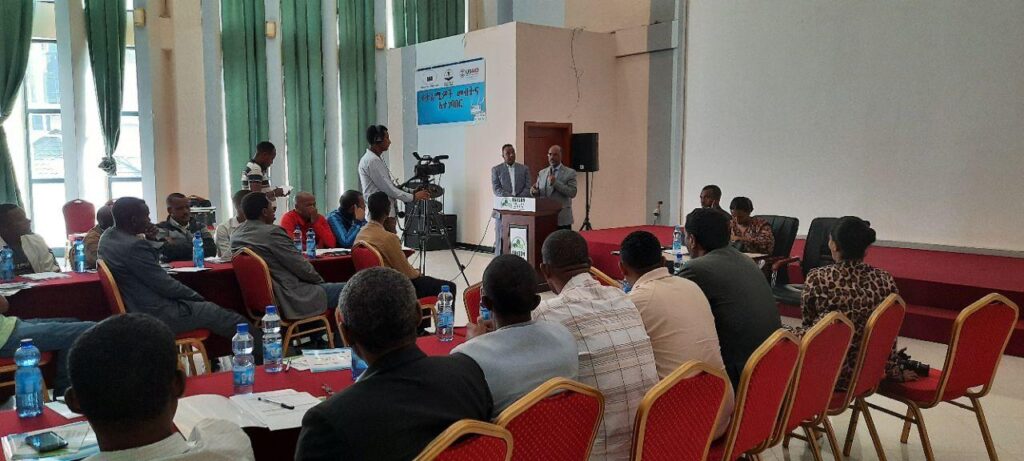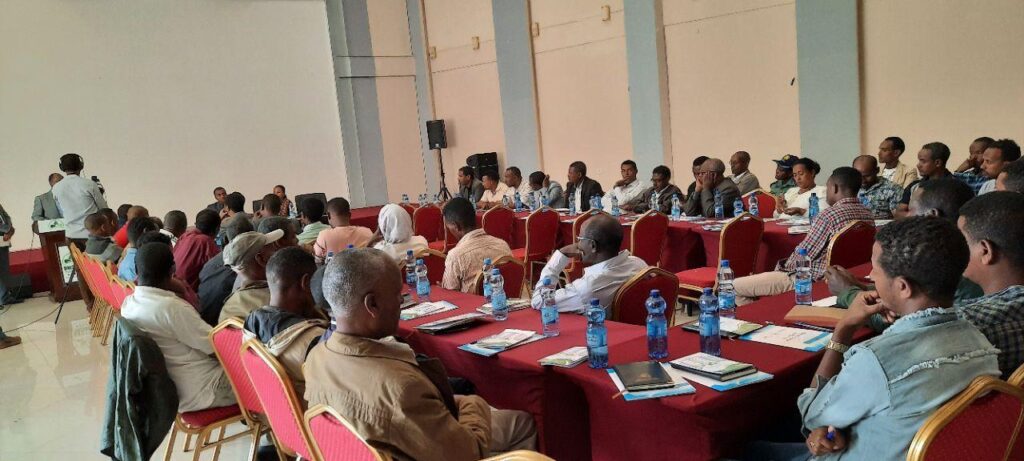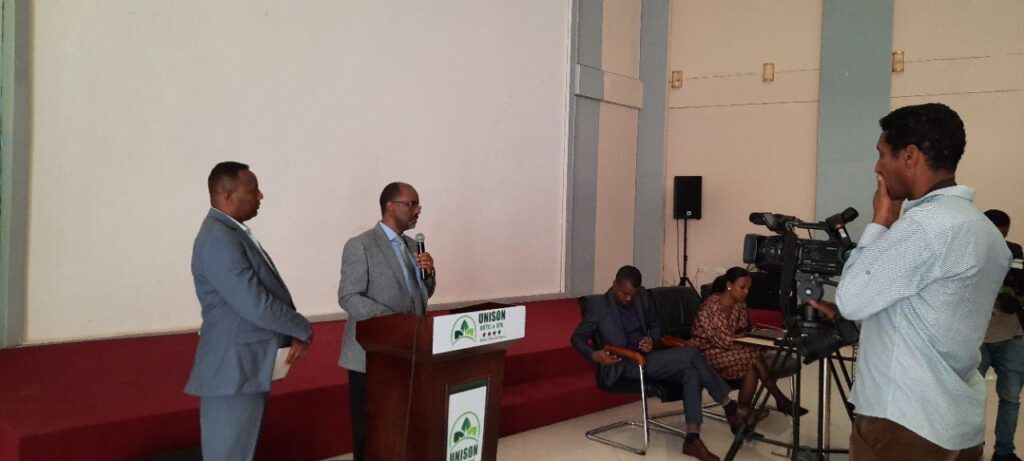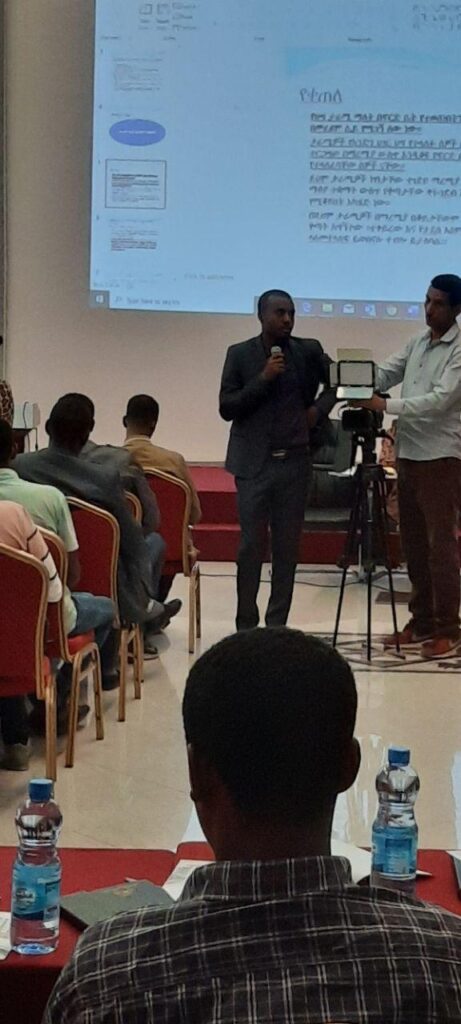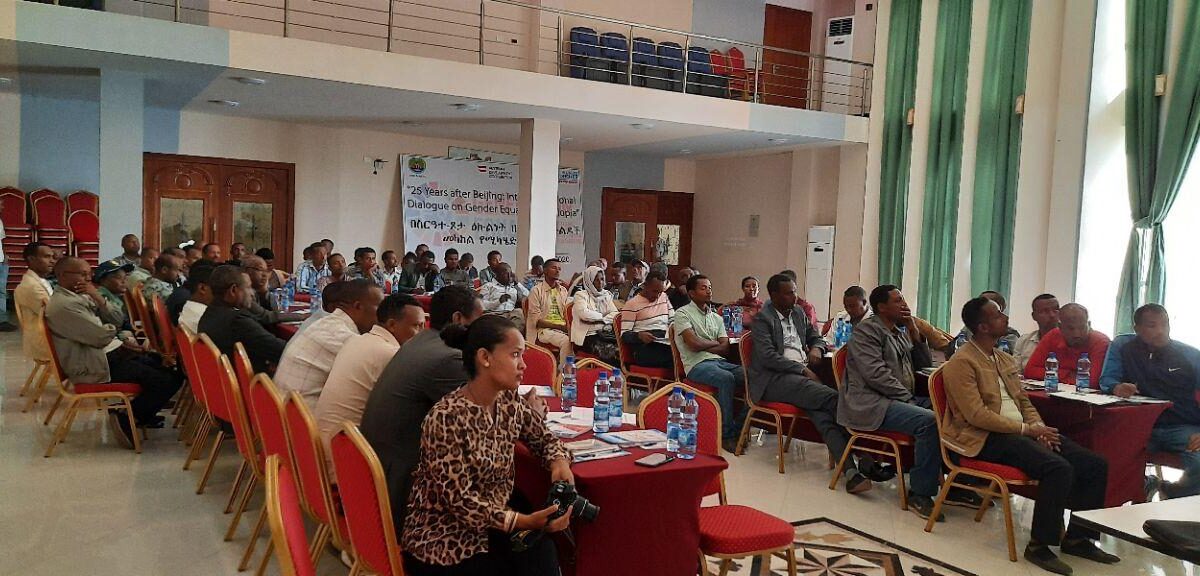
March 13-14/2020
Unison Hotel
Bahir Dar
I. OBJECTIVES OF THE TRAINING
The project mainly includes trainings to be delivered to federal and regional prosecutors and prison administration officials and administration. The trainings were delivered with the following objectives:
- To refresh and recall, for middle level prison officials and staffs, human rights standards in the criminal justice system as specified in the TOR;
- To introduce prison officials about the ongoing legislative reforms that relate to their line of work;
- To identify and document obstacles that hinder better protection of human rights in the daily works of officials and employees of correctional institutions;
- To collect inputs from these professionals on what they perceive to be gaps in the recent legislative reforms;
II. ORGANIZATION OF THE TRAINING
As per the agreement, the LHR commissioned a consultant who developed the training manual which depicted international and national human rights regimes in relation to rights of inmates in correctional institutions. After the manual was developed, the consultant prepared a power point for the training which was distributed to the trainers in hard copies so that they could properly follow the training and keep it for future reference. The training was undertaken based on the training module and power point.
Presentations were made by the trainer and assistant trainer followed by discussions raised by participants. Group discussions were also made on questions prepared by the trainer and assistant trainers. The participants, then, presented their findings to the rest of the attendants. Questions were also brought to the attention of the trainers mainly relating to practical challenges in the protection of human rights of inmates. Then, concluding remarks were made by the trainer.
III. TOPICS COVERED
The training delivered to middle level officials and employees of prisons in the Amhara Regional State in Bahir Dar covered topics included in the training manual. It gave a background on principles of human rights such as universality, inalienability, indivisibility, etc., purposes of criminal justice system, legal grounds of protecting human rights of inmates. International and national legal regimes and standards were also addressed. Practical problems and suggested solutions were also addressed.
IV. TRAINING METHODOLOGIES
The trainer and assistant trainer mainly used participatory methods encouraging the participants to pose questions and forward their opinions. It was a practice-based and problem-oriented training. It included presentations by the trainer, group discussions and reflections of the participants. The participants also participated in the training.
V. CHALLENGES ENCOUNTERED AND ACTIONS TAKEN
The training was successfully accomplished achieving its objectives of supporting the legislative reforms underway in Ethiopia particularly in implementing the new prison administration law.
For the most part, the training went smoothly except some challenges in relation to logistic and resources. Some of the prison officials who came with their drivers and claimed additional per diem for them. Taking the experiences of previous trainings, the invitation letter sent out by the LHR team clearly mentioned that the costs of drivers will not be covered.
VI. KEY LESSONS LEARNT
As the LHR has been and will be engaging in capacity building activities, this training has given us lessons in organizing an effective training. The training was effective in achieving its objectives of refreshing international human rights standards in the criminal justice system and the roles the prison officials should play for better protection and promotion of human rights.
LHR has got an additional lesson in preparing an effective training by collaborating with multiple stakeholders.


